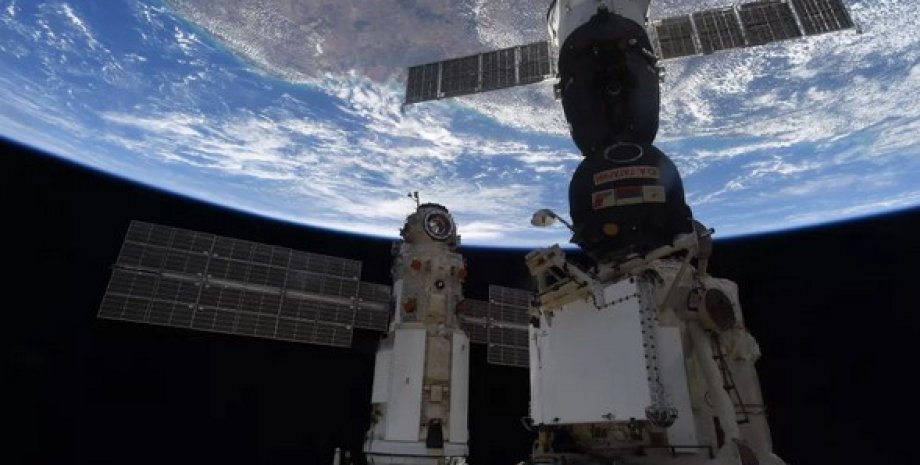
 By Natali Moss
By Natali Moss
This problem was awarded the highest level of risk. At the same time, NASA believes that there is no threat to the safety of the crew, writes Space. In focus. Technology has appeared its Telegram channel. Subscribe not to miss the latest and most intrusive news from the world of science! According to NASA report, this year only the amount of air coming out of the Russian module has increased significantly.
It is reported that NASA and Roscosmos are studying this problem, but it is necessary to take steps to ensure that the space station can work for another 6. 5 years before it is erected from the orbit and flooded in the Pacific. At the same time, the leakage of the ISS, as recently stated by NASA, does not pose a direct threat to astronauts. NASA officials have stated that air leakage remains controlled and repair work carried out this year, made it possible to reduce its level a little.
Jim Free, NASA Deputy Administrator said the Space Agency works in conjunction with Roscosmos to understand the sources of leakage and how they affect the space station. However, the report states that the leakage of air in the Russian module "Zvezda", launched in 2000, is the highest risk to the ICS safety. The risk was increased to 5 on a five -point scale on the basis of a study.
The leakage of the air first emerged in 2019 in the place where the Zvezda module connects to one of the eight docking ports of the ISS. NASA representatives have stated that Roscosmos can always close the hatch into a module if the leak becomes unacceptable. But so far, NASA and Russians have not agreed on what level of air leakage is an unacceptable threat.
In this case, the ISS will lose the joint port, which may affect the delivery of the necessary goods to the station, and will require additional fuel to maintain the height and position of the station, the report is reported. The fact is that Russian spacecraft, attached to the port, regularly run engines to raise the ISS higher in its orbit, since the Earth's atmosphere slowly pulls the station down. The source of air leakage remains unknown, but no other origins on the ISS have been detected.










All rights reserved IN-Ukraine.info - 2022